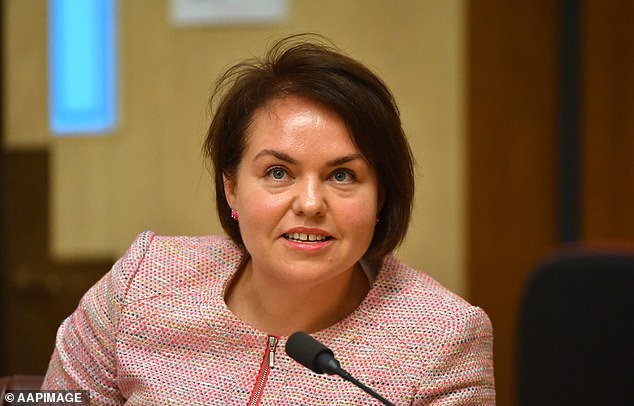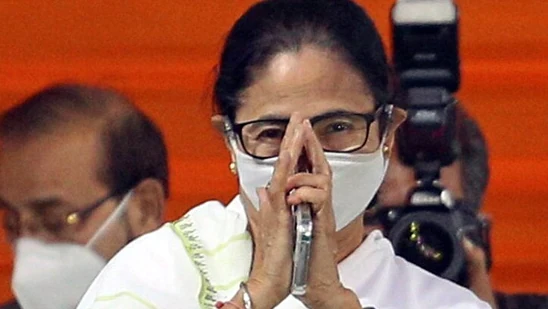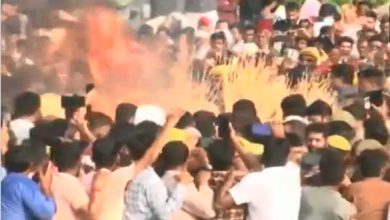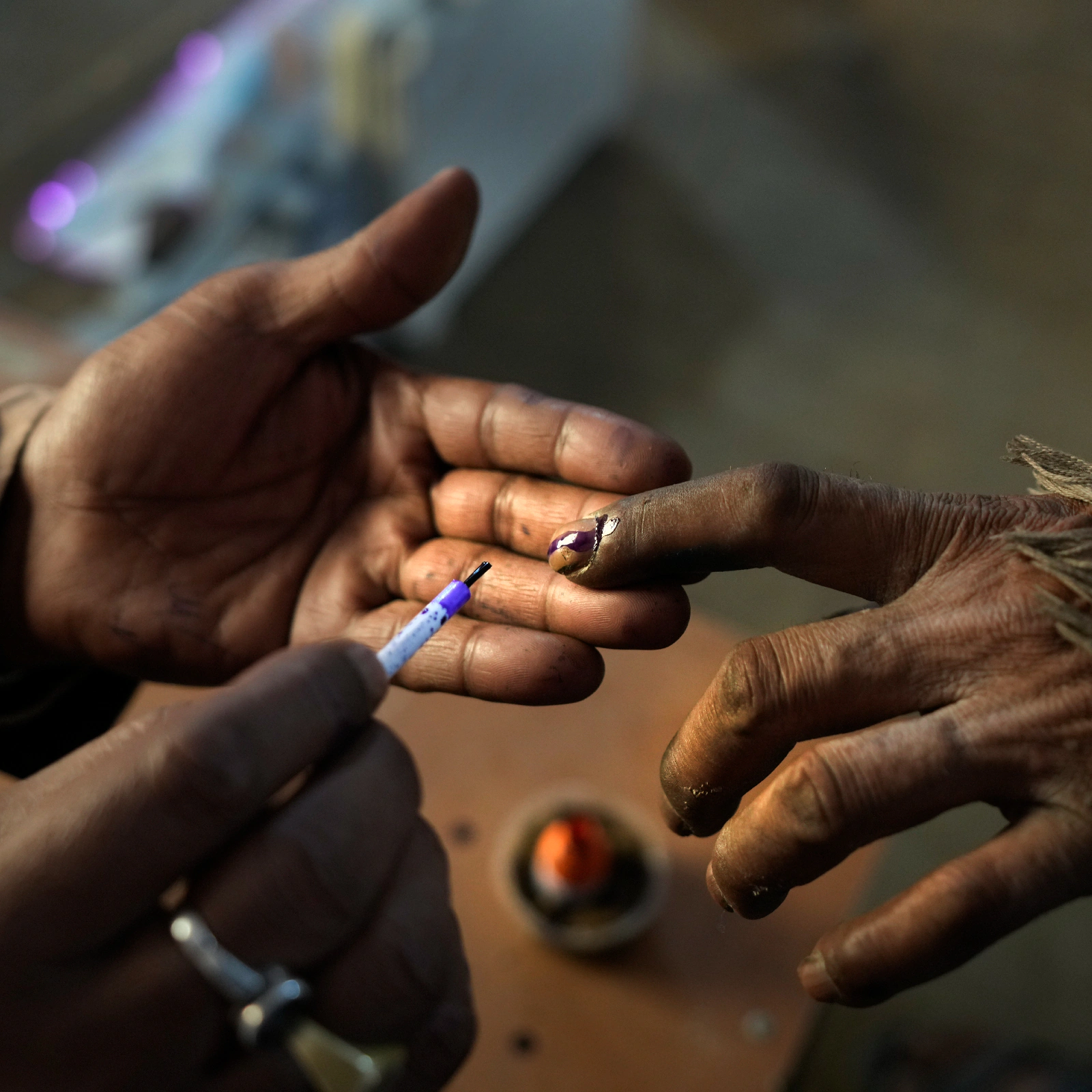In Indian politics there is no need for educational depth but only popularity
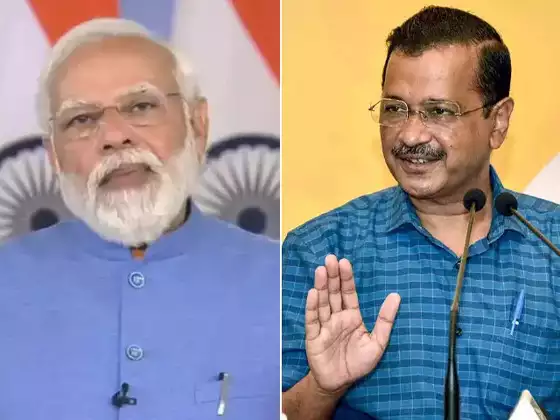
Mobilenews24x7 Bureau
Education is always viewed as the vision regardless of the profession one is in. So the recent issue over the educational qualification of the Prime Minister Narendra Modi.
Is it mandatory in a political system that a PM is required to be well educated. If so then why don’t this applied to the politicians across board. Are all legislators, MPs or ministers are adequately educated is also an issue.
Most recently the AAP has raised the issue of the education of the PM of India. Does it make a prime minister overwhelmingly dependent on his advisers and they can have a free run if the former is not adequately educated?
If so then that can be a scrutiny for all, including the chief ministers. But that does not happen nor the monitoring system can ever pitch for the criteria.
Is it a debate over elitism and some opinions suggest that, educational qualification is not necessary if the leader is sufficiently popular and well-versed in the art of administration and public affairs? As said earlier the issue gets hot after Delhi chief minister Arvind Kejriwal raised it on the PM Modi’s academic qualification. The issue is although not new but now it is there.
Kejriwal has even said that since the prime minister is not sufficiently educated, he has an inherent weakness in understanding the nuances of policy formulations and that is why the country is suffering.
As such in today’s politics there is hardly any educational bar for a leader or for a voter. Anyone above the age of 18 can vote, and above the age of 25 years can contest elections and become the prime minister if so chosen by the majority party in the lower house of the parliament. But when democracy was introduced for the first time in the city-states of Greece, not everyone was allowed to vote in and contest elections. Only men with property and education were eligible to participate in politics.
It was understood that in a democracy, only people with the right to property and education could take well-considered and reasoned decisions. If everyone were to be given the right to vote and contest, then the democracy would turn into a mobocracy. This is why a large section of the population (like women, the poor, slaves, and the illiterate) was denied this right. However, the Indian constitution is unique because from the very first day, despite massive illiteracy and poverty, it introduced adult suffrage and did not discriminate between the rich and the poor, the literate and the illiterate; and between men and women.
We had a litany of leaders with high education and eminence but things have undergone rapid change. We no more look for lettered persons in politics. Politics became a game of slyness. In politics, being educated has become a liability. It is openly said that men of letters are too bookish and theoretical. They are derided for being cut off from ground reality.
This has become irrelevant in Indian politics and what is required that, Education is no qualification to be the president and the prime minister or a minister. He or she has to be a member of the parliament or should become an MP within six months of being sworn in as a minister.
When attempts are made to delete or rewrite history, not based on scholarship but to suit ideological requirements, then to ask that the PM and our leaders should be well educated is, unfortunately, being called elitism.


